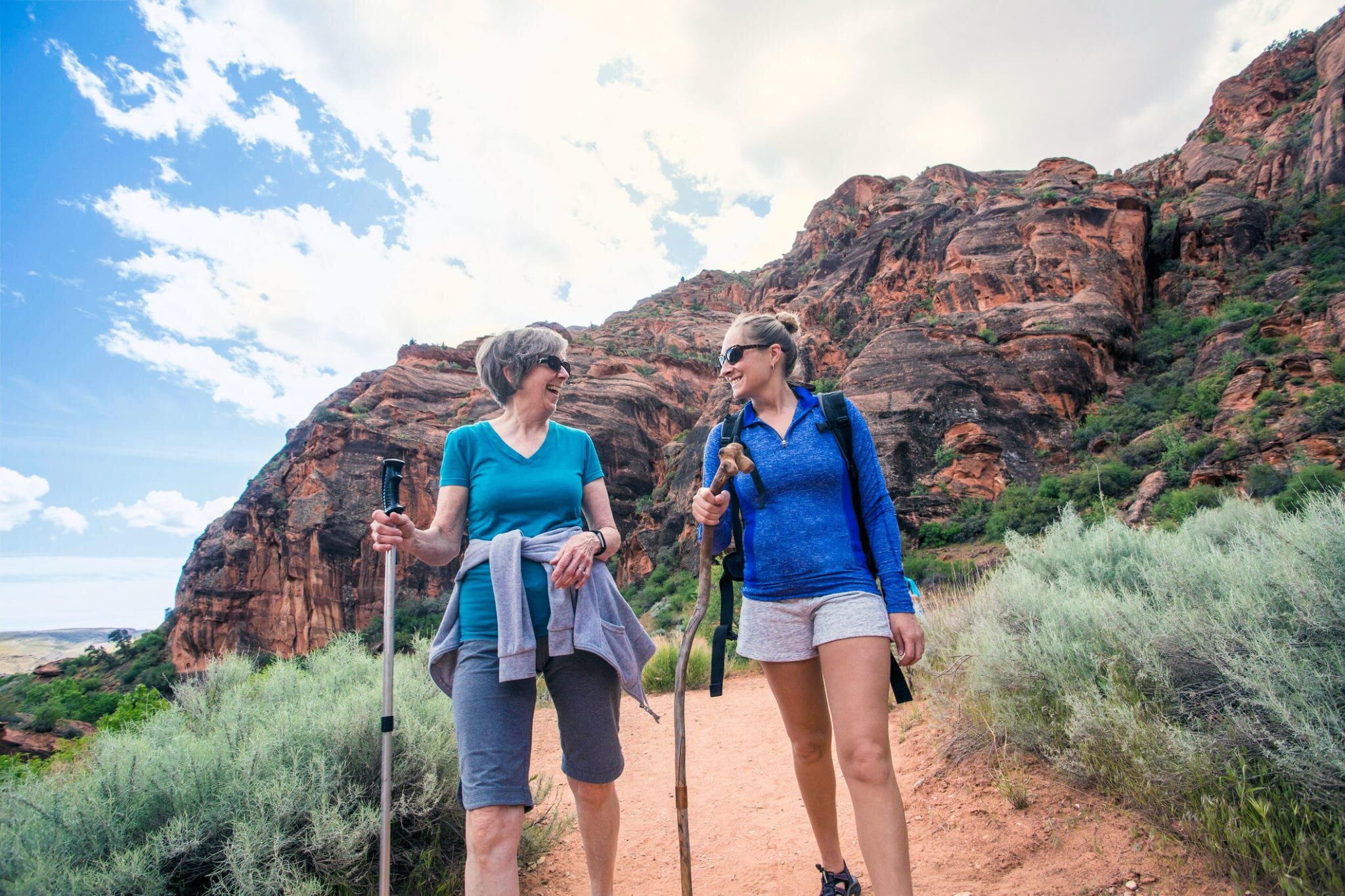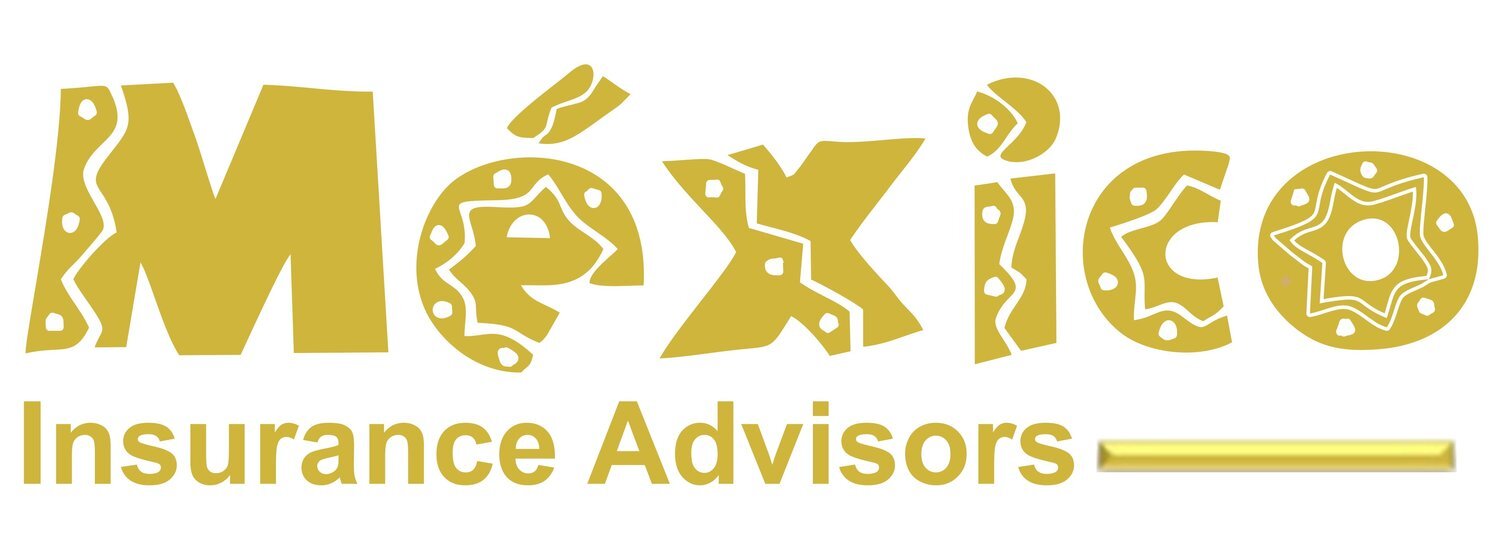
Senior Expatriate Insurance
Senior Expat Insurance in Mexico
Foreigners, tourists and expats in Mexico look forward to the excellent level of medical care and the comparatively low cost of healthcare in Mexico. It is one of the main reasons Americans, Canadians, Europeans, Australians and seniors from all countries are choosing Mexico as their home. The cost of medical care in Mexico is low, but how affordable is it?
Compared to the U.S., prescription medications in Mexico can cost 30% to 60% percent less. Many senior expats in Mexico are pleased to find that blood pressure, cholesterol, diabetes medication at least 50% percent lower at major Mexican pharmacy chains such as Farmacia Guadalajara , Farmacia Benavides, and Farmacias del Ahorro. Doctor visit costs will vary depending on:
1. Where the doctor practices medicine. Mexican doctor appointment costs tend to be higher both in big cities such as Mexico City, Guadalajara, and Monterrey; as well as in popular expat cities in Mexico such as Los Cabos and San Miguel de Allende.
2. The Mexican doctor´s medical specialty. For example, a breast cancer specialist usually charges more than an oncologist.
As a health insurance agent in Mexico, I see doctor’s bills every day. Below are some Mexican doctor´s appointment costs my clients have incurred in 2025:
Orthopedic surgeon in Mazatlán - $2,000 pesos
Internal medicine specialist in Mexico City - $2,500 pesos
Geriatrics specialist in San Miguel de Allende - $1,500 pesos
General medicine physician in Ensanada - $600 pesos
General surgeon in Los Cabos - $3,000 pesos
During our public educational seminars, we explain to senior expats in Mexico that estimating their healthcare budget on medications and doctor visits alone is a mistake. Why? Because the biggest costs senior expats in Mexico will face are hospitalization costs in Mexico. Since 2010, I have seen Mexico hospitalization costs skyrocket.
In my estimation, the best way senior expats in Mexico can protect their retirement nest egg and predict their medical costs in Mexico, is by purchasing a senior health insurance in Mexico.
Health insurance premiums for senior expats in Mexico can be reasonable, especially if the plan is restricted to medical costs in Mexico and those in countries outside of the U.S.
Senior expat health insurance rates in Mexico are based on the following:
Age and sex – health insurance rates in Mexico are not based on pre-existing conditions or health history.
Coverage area – health insurance in Mexico depends on the area of coverage. Plans excluding the US are generally, but not always, more affordable.
The maximum annual or lifetime benefit amounts. This the highest amount the insurance company will pay either annually or during the lifespan of the membership. Senior health insurance plans in Mexico with lower benefit amounts are generally more affordable.
A combination of the above factors – When you contact us directly, we do the research for you and will provide you with insider information about how expat health insurance and Mexican health insurance companies perform. We compare company plans, rates, and benefits, as well as provide you with their claim payment history in Mexico.
If you are interested in working with us, please see our self-service quotes or contact us today for more competitive health quotes for expat seniors in Mexico.
Medicare in Mexico
Americans become eligible for Medicare coverage on their 65th birthday. They can sign up for Medicare up to 3 months before or after their 65th birthday. Medicare Part A, which is free, covers hospitalization costs. Medicare Part B covers both surgeon fees and doctor visits for a monthly premium. Parts A and B, however, do not reimburse any medical costs incurred outside of the United States. Failure to enroll in Part B and Part D (drug plan) within three months of your 65th birthday carries a significant financial penalty, if you decide to enroll later in life.
Since Medicare does not pay for 100% of medical costs in the US, many Americans decide to purchase a Medicare Advantage or Supplemental / Medigap plan to cover the difference. This is important given the skyrocketing medical costs in the U.S.
Original Medicare does not offer any overseas coverage. This means that if you are a senior expat in Mexico with an original Medicare plan, you will not have any coverage in Mexico. Medicare Supplement / MediGap plan holders have coverage for emergency medical care in Mexico if the medical emergency occurs during the first 60 days of entry into Mexico. Remember that Medicare is for U.S. residents, not for residents of Mexico. That is why the Medicare Supplement coverage is referred to as emergency travel coverage. Medicare considers any overseas event as a result of foreign travel. Foreign travel emergency coverage with Medigap policies has a lifetime limit of $50,000 after the $250 USD annual deductible..
Medicare Advantage plans must cover, at a minimum, all Original Medicare benefits, however they do include additional benefits, such as routine vision, dental care, and wellness benefits.
Some Medicare Advantage plans may offer additional benefits for emergency medical care for travel outside of the U.S. Benefits are tied to travel dates and are not meant for seniors who reside in Mexico. Senior expats who are moving to a Mexico cannot use Medicare to pay for health care while living overseas.
In my experience as a registered health insurance agent, Medicare Advantage insurance companies can and do cancel member´s plans when they suspect that the senior expat may reside in Mexico or anywhere outside of the U.S. The options for retirees are to buy a private senior health insurance plan in Mexico, to enroll in the public health system INSABI or IMSS plans, or to self-insure.
Retiring in Mexico – Tips for future senior expats
Mexico is one of the best places to retire in the world. Mexico boasts a great quality of life, natural beauty, modern infrastructure, and safety.
One of the biggest advantages to retirement in Mexico is its proximity to the U.S. and Canada, which in turn provides greater ease when moving to Mexico. Also, once in Mexico, seniors can travel back to their home country to see family and grandchildren. Mexican international airports offer direct flights to major cities in the U.S. and Canada.
A major concern of future senior expats is the cost of living. Common questions among retirees include:
1. What are rental costs in Puerto Vallarta, Lake Chapala, Mérida, Tulum, San Miguel de Allende?
When customers ask me this question, I respond by inviting them to visit Mexico before making a final decision and not focus solely on rentals published online. Puerto Vallarta, Lake Chapala, Mérida, Tulum, and San Miguel de Allende, like other Mexican cities, have neighborhoods with different rental price ranges. You will pay higher rent when you use a real estate agent or when you rent from an expat. You can find rentals in pesos if you are connected to Mexicans in the community. Some customers even hire a local bilingual consultant to assist them with finding a rental.
2. What are the best cities for retirement in Mexico?
Some of the most popular expat cities in Mexico include Los Cabos, Oaxaca, Huatulco, Lake Chapala, Mexico City, San Miguel de Allende, Mazatlán, Tulum, Playa del Carmen, Mérida, Guanajuato, and Puerto Vallarta. Deciding on which Mexican city is best for retirement will depend on:
Weather – Do you prefer to live in a coastal or inland city. Do you do well at high altitudes or not.
Language – The more Spanish you speak, the more options you will have on where to live. If you don´t speak Spanish well, it is best to live in neighborhoods in cities with high concentrations of English-speaking expats.
Proximity to medical services – Some cities, such as Huatulco, are located further away from level three hospitals. If you are a senior expat who needs regular medical care, consider moving to a larger city with more health care options.
Proximity to airports and shopping – For those of you who plan on traveling a lot, choosing a city close to an international airport is important. Smaller cities may not have Costco, Sams Club, Home Depot, Walmart or HEB stores. Others are a short distance away. In San Miguel de Allende, for example, most of these stores are located both in Celaya and Querétaro (30 to 60 minutes from San Miguel).
3. What are the most affordable cities in Mexico?
Your biggest monthly cost will be rent. In general, cities with lower concentrations of expats tend to be more affordable. If you speak Spanish well, this may be an option. Also, Mérida and other cities in the Yucatán tend to be more affordable.
4. Can I live on $800 to $1,200 USD a month?
The short answer is yes you can. What I would add is that the lower your monthly budget, the greater the need to find a rental in pesos. If you don´t speak Spanish well, make a bilingual friend or find a bilingual consultant who can assist you. Decide on the city where you want to retire first (points above) and then travel there to check out the options. Mexicans are friendly people and often eager to help. The initial investment of paying an assistant to help you with finding a rental will pay off.
Senior expats in Mexico – Unforeseen Costs
As a resident of Mexico for over 16 years, I can tell you that there are always unforeseen costs involved in moving to Mexico. I realize that seniors on a fixed budget rely on knowing how much everything is going to cost ahead of time, however estimating an exact budget for Mexico can be a challenging process.
One of the biggest unforeseen costs is health care in Mexico. We would all like to think that we will remain healthy forever. The reality is that as we get older, we are at greater risk for medical illness, accidents and injuries. As I have explained, senior expats rely on the fact that doctor´s visits and prescription medications are relatively cheap in Mexico. Hospitalization events, however, can run into the thousands of dollars. The most common events are medical emergencies, which do not allow for air evacuation or boarding a plane back to the US or Canada.
A contributing factor to these high costs is the fact that Mexican hospitals have adopted the US business model. This means that Mexican surgery and hospitalization costs are continuously rising. The best way to protect yourself from unexpected medical emergencies and to protect your retirement savings is by purchasing a senior expat health plan.


